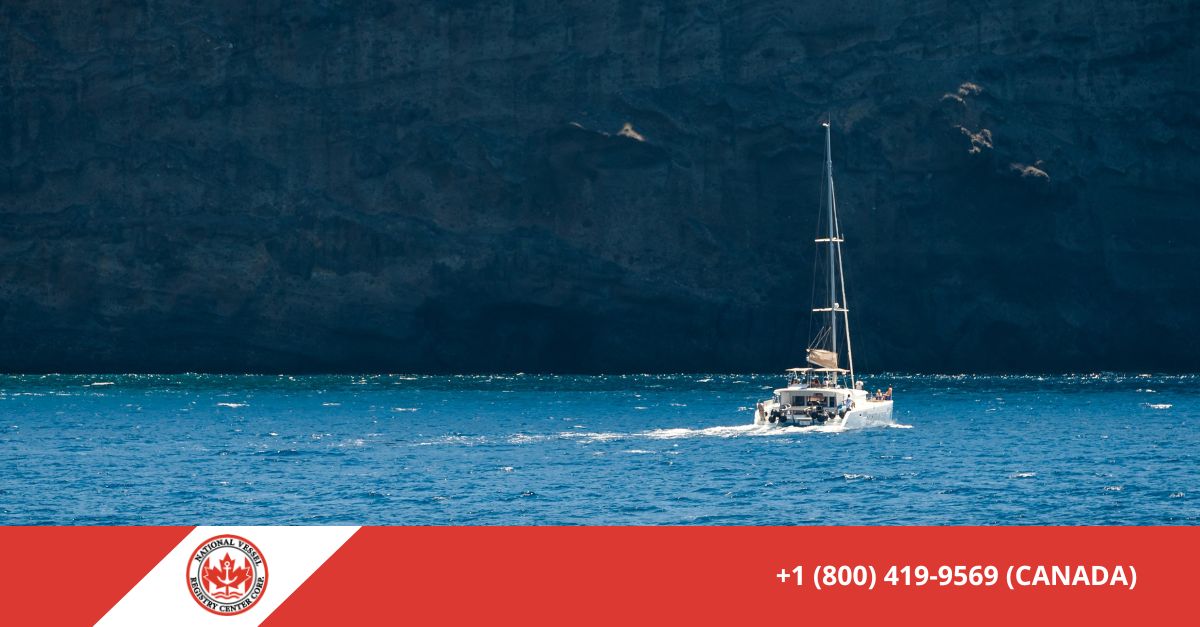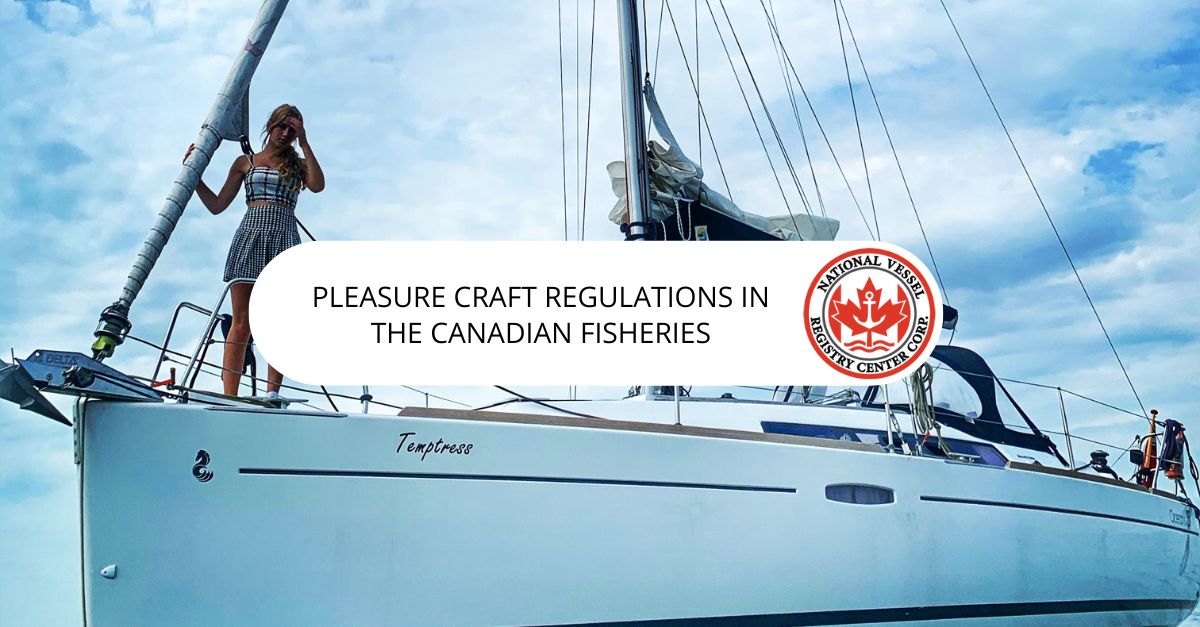If you own a boat in Canada, you are required by law to be familiar with the Pleasure Craft Regulations imposed by Canadian Fisheries. Because these restrictions include registration and safety standards, you must be familiar with them before entering the water. When you go boating in Canada, ensure you comply with the Pleasure Craft Regulations by reading this blog article, in which we will provide an overview of the regulations’ fundamentals. The following are important details that you should be aware of.
Pleasure Craft Must Have a Registration Number and Decals Displayed
The fisheries of Canada are a valuable part of the country’s heritage. We have stringent controls on who may fish and where they can fish. Since pleasure boats account for a significant amount of fishing activity in Canada, it is essential that everyone is aware of and abides by the country’s Pleasure Craft Regulations on the sport. Any boat used for fishing must register with the federal government and display its registration number prominently.
The only exception applies to pleasure boats of 12 meters or less in length that are not used commercially (not for income or hire). All boats in Canada must show two different decals and the registration number. The first decal must identify the province or territory where the owner resides, while the second decal must identify the vessel in question. These are available at all Canadian Tire locations throughout the nation for purchase.
There is a Speed Limit of 10 Knots within 300 Meters of the Shore
When coming within 300 meters of shore in Canada, pleasure vessels are required to respect a regulation called “10/300.” This implies that a boat is only allowed to go at a maximum speed of 10 knots and must turn off its engine whenever it is within 300 meters of the coast. These Pleasure Craft Regulations were enacted to prevent bodily harm and property damage to boats that may occur from mishaps such as a collision or a rapid change in direction.
At least thirty seconds before you reach the people you are trying to warn, start honking your horn or using whatever other warning device you have. Suppose you are heading out on the water. In that case, it is usually a good idea to check the weather forecast and ensure that your vessel is in excellent operating condition so that you do not run into any unforeseen issues. If you do not do these things, you may end yourself in a dangerous situation.
According to Pleasure Craft Regulations Vessels Must Yield to Fishing Boats and Towboats
Some things are crucial to remember while you’re out on the water. Canadian fisheries allow leisure boats but must give way to commercial fishing vessels and tow vessels. Which begs the question: what does this imply? It implies you must make way for oncoming traffic on a commercial ship or another recreational boat. Failure to comply with these requirements may result in criminal charges and, if convicted, imprisonment or monetary penalties. You should also know where you can’t go and where fishing is happening so you can avoid such areas.
When trawling, you must stay at least five nautical miles (5.6 statute miles) away from any buoyed trawl net marker, and when fishing, you must stay at least one nautical mile (1.8 statute miles) away from any buoyed trawl net marker or other safety zone marked by red and white vertical stripes or red diamonds on top. Therefore, if a commercial vessel is fishing inside the safety zone, no recreational boat may arrive within the specified distance from the fishing area.

It’s Unlawful To Operate a Motorboat While Impaired By Drugs or Alcohol
It’s important to note that the word “operate” under Canadian law encompasses more than simply the mechanics of steering the vessel. This also covers whatever you do that affects the boat’s performance, whether or not you touch it. So if your drunk roommate chooses to take your boat out on the lake, they are still officially operating it even if they aren’t physically seated at the helm.
People doing this might face criminal charges for infractions like speeding or running a red light, just as they would if they were operating a motor vehicle. The same holds for you; if you’re unable to maintain coherent thought or walk on a straight path, you’re probably drunk enough to have impaired judgment. Motorboat operation is so risky that laws prevent intoxicated persons from doing so.
All recreational vessels in Canada longer than 15 feet are now required by law to be registered with the country’s National Vessel Registry Center. If your boat is ever found abandoned, our experts will be able to track you down and arrange for its removal and recycling in line with any applicable local disposal requirements. Call us at (800) 419-9569 if you’re concerned about what can happen to your aging boat.

